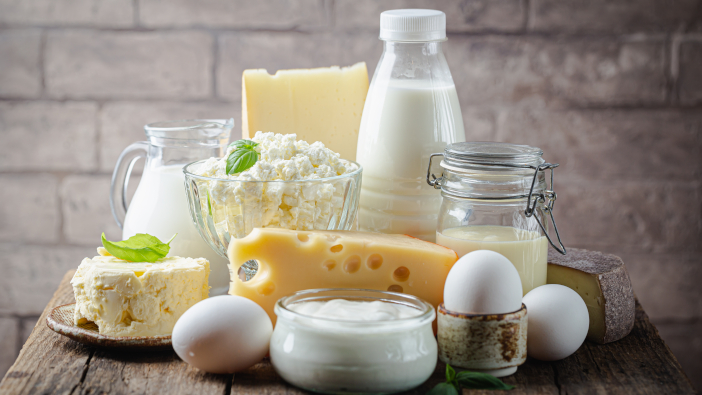UK nutritional supplement manufacturer and supplier to the animal feed industry, UFAC-UK has joined forces with the Royal Association of British Dairy Farmers (RABDF) and other industry stakeholders to help highlight accurate facts about greenhouse gas emissions from the sector.
It is anticipated that UK agriculture will come under the spotlight at the UN Climate Change Conference (COP26), which is why the company is promoting the good work that the dairy industry is doing to reduce emissions from its already low level.
Nigel Bateson, national sales manager at UFAC-UK, whose head office is in Newmarket, Suffolk, said, “It is important, as an industry, that we inform the general public of the actual levels of greenhouse gas contributions coming from the dairy industry and dispel many of the current myths.
“We, along with others in the sector, are asking individuals, key industry stakeholders, businesses, and organisations to promote five key facts internally and to the broader public before, during, and after COP26.”
The facts being highlighted are:
- UK dairy farming is responsible for less than 3% of UK total emissions
- Almost half the emissions from dairy cows (46%) come from their digestion process – a natural function of ruminants
- It takes eight litres of tap water to produce one-litre of milk, compared to 158 litres of tap water to produce a litre of almond milk.
- The carbon footprint of a litre of British milk is around 1.25kg CO2e compared to the global average of 2.9kg CO2e per litre.
- UK dairy cows are some of the most climate friendly in the world. There are 278 million dairy cows worldwide and if they were as efficient as UK cows, we would only need around 76 million to produce the same amount of milk.

The RABDF has produced draft social media posts, newsletter snippets, visuals and posters that are free to copy and paste from their website.
RABDF managing director Matt Knight said: “We want to make it as easy as possible for people to spread the good work of the dairy industry and reinforce the fact dairy products aren’t only good for human health, they are also good for the planet too.”
UFAC-UK continues to work to improve the industry’s reputation and make it easier for farmers to manage livestock diets. This includes formulating sustainable palm-free feed products that provide a sustainable replacement for palm fat diets while also bringing performance benefits.


